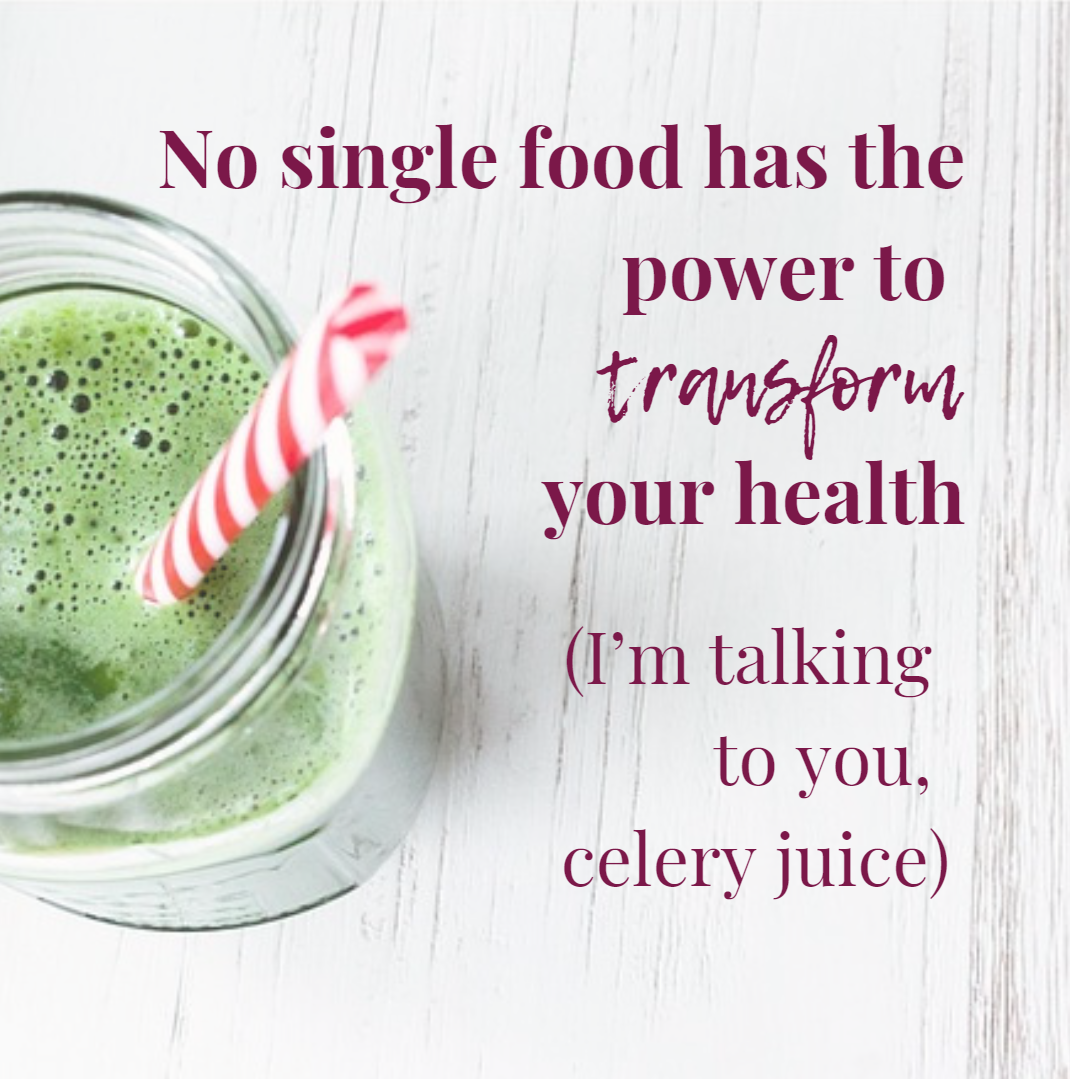
Social media influencers are dominating the wellness world with their inspiration on how to achieve optimal health. You know the look – young, white, thin, able-bodied, wealthy…They use trendy buzzwords like ‘cleanse’, ‘clean’, ‘toxic’, ‘superfood’ and ‘detox’ (which we have livers, kidneys, and lungs for) with the notion that our health is determined by our diet alone (spoiler alert: it’s not). These types of influencers are perpetuating diet culture which has retired its old, obvious terms such as ‘weight loss’, ‘low-fat’, and ‘calorie restriction’ in an effort to reinvent itself so that it can appeal to a younger generation of dieters. And it’s working! You’re a unicorn if you haven’t tried some version of keto, paleo, gluten-free (non-celiac), dairy-free, sugar-free, whole 30, Noom, or intermittent fasting.
![]()
As well-intended as influencer accounts may be, the reality is, their ‘success’ is thanks to a genetic predisposal to be conventionally attractive and look muscularly toned. Their occupation is their appearance which we don’t know whether or not is being sustained through disordered behaviors. The image they portray does more harm than good by encouraging comparison. They give the false promise that our body size and appearance is a result of our diet alone. Posts like, ‘What I eat in a day’ create the belief that there is a morally superior way of eating and if you could only do the same you’d have the body they do. Do these posts ever reveal what an influencer’s diet looks like when they’re feeling anxious, overwhelmed, or lazy? Putting too much emphasis on food choices leads to a disordered relationship to food and an obsession with health – ironic, no?
While we’re at it, what qualifies these people as health experts anyway? How do we know the nutrition advice they share is even based in science? In fact, a UK-based study showed that 90% of health advice given by influencers who had cult-like followings is inaccurate. Also, just because X worked for her, it doesn’t mean it’ll necessarily work for you. Take Belle Gibson, for example, who claimed to have cured multiple fabricated cancers through diet and alternative medicine. That kind of authority is frighteningly dangerous to the impressionable minds scrolling social media.
The impact influencers have on their followers is far from positive as shown by increasing rates of orthorexia and body dysmorphia. So who can you trust? Look to registered dietitians and nutritionists for credible health information, and ones who are intuitive eating and HAES aligned at that. Watch out for anyone demonizing whole food groups as no single food can cause weight gain, acne, or fatigue. To the same point, no single food has the power to transform your health (I’m talking to you, celery juice).
The next time you’re scrolling through your feed, I invite you to take a purposeful pause and notice the sensations in your body that may be signaling the need to unfollow toxic content. Curating your social media to follow influencers in the body diversity and intuitive eating spaces will transform your experience for the better. Take a look at my list of resources to get started. True wellness encompasses mental, emotional, physical, and spiritual health within you, not some babe on the ‘gram.



